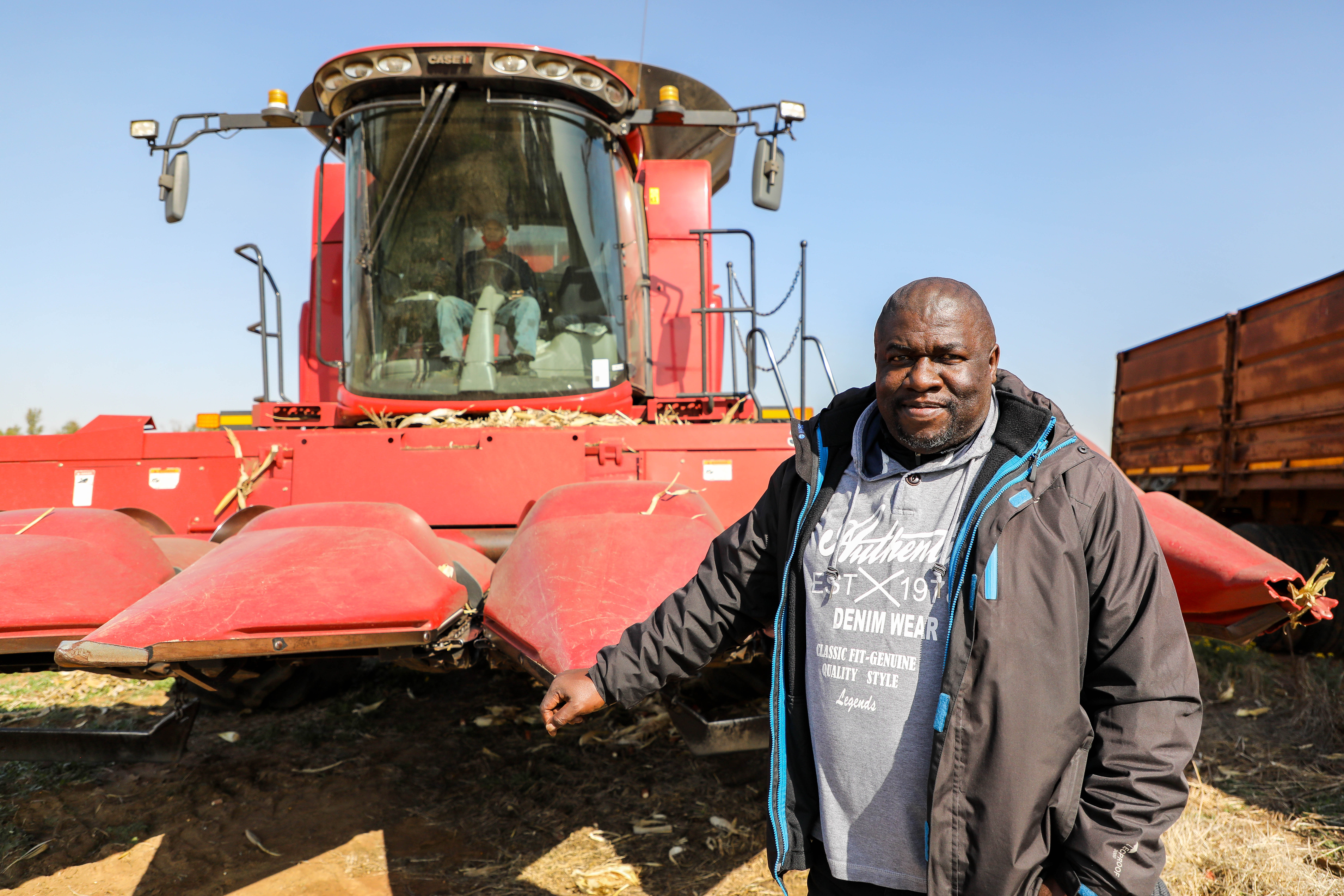Advanced Search
Search Results
Media advisory
The Minister of Higher Education, Science and Innovation, Dr Blade Nzimande, will launch Africa’s new science diplomacy initiative, in Pretoria on Friday 8 July 2022.
The Minister of Higher Education, Science and Innovation, Blade Nzimande, welcomed Africa's recently launched science diplomacy initiative aimed at ensuring that world-class scientific input is used to respond to key societal challenges on the continent.
The Aerospace Industry Support Initiative (AISI), an initiative of the Department of Trade, Industry and Competition (dtic), managed by and hosted within the Council for Scientific and Industrial R
The CSIR’s Advanced Internet of Things (IoT) group specialises in research and development on IoT technologies.
Enhancing crop management, using drones
Leveraging the power of data observation to provide the South African agricultural community with digital solutions to mitigate against climate change, crop disease, and pests.
Low rainfall, extremely dry seasons, swarms of pests such as the locust infestation during the summer season of 2021/22, and incidences of disease run the risk of destroying South African crop fields, amounting to losses of several million rands. To mitigate this, and arm farmers with the information to foresee and appropriately manage risks, the CSIR is developing a precision agriculture information system.
The system utilizes earth observation, climate change modelling, big data, and data analytics to support decision making in land-use planning, to predict yields and inform markets, and to monitor pests and diseases. The system will provide actionable information on soil and crop condition to farmers at farm-scale in near real-time.
The system has three main anchors:
- satellite and drone data. This allows for the assessment of vegetation indices of crop health; drought risks; and rainfall and temperature data.
- soil and crop variables to detect diseases, pests, weeds, etc.
- by making recommendations based on data collected. For example, accurate management recommendations of the time, place and rate of fertiliser application will address any nutrient deficiencies identified.
The actionable data will be delivered to farmers and other actors at all levels of the agricultural value chain on desktop and mobile platforms. This one-of-a kind information system is intended to provide risk management solutions and support to small and emerging farmers. This will result in increased food production and efficiency of production, enhanced interaction between extension services and farmers and will foster the implementation of government’s agricultural policies.
Additional information on the CSIR’s crop management information system can be found further down this page. A contact form is also available for your convenience, should you wish to engage further with the CSIR’s precision agriculture experts.
Researchers from the Council for Scientific and Industrial Research (CSIR), as well as various South African universities, will unveil a book titled: Approaches to building a smart community: An exploration through the concept of the digital village on Saturday, 17 September 2022 at the CSIR Inte
Media advisory
Media advisory
On 3 November 2022, researchers from South Africa’s first Industrial Biocatalysis Hub (IBH), hosted at the Council for Scientific and Industrial Research (CSIR), will brief the media on the progres
CSIR researchers and their industry counterparts are pooling their efforts to use biocatalysis – a green production method – to help develop new and improved production processes and products for the cosmetic, biopharmaceutical and industrial biologics markets, to name a few.







